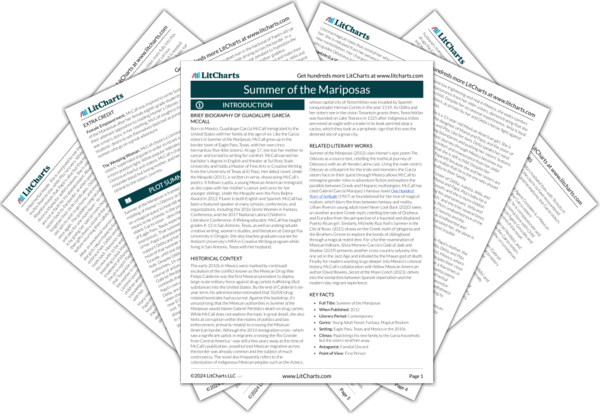The breakdown of Cecilia’s illusions foreshadows the unveiling of other deceptions, most notably the reveal of Papá’s true intentions. Though her anger suggests a nefarious need for control, Cecilia’s backstory makes her character more sympathetic. Like Mamá, La Llorona, and Inés, Cecilia’s husband is to blame for her unfortunate situation. His actions have resulted in her imprisonment, once again illustrating how male harm can lead to female burden. Cecilia’s loneliness also recalls the sorrow of other mothers who have lost their children, like Mamá and La Llorona, highlighting the power of familial bonds.


